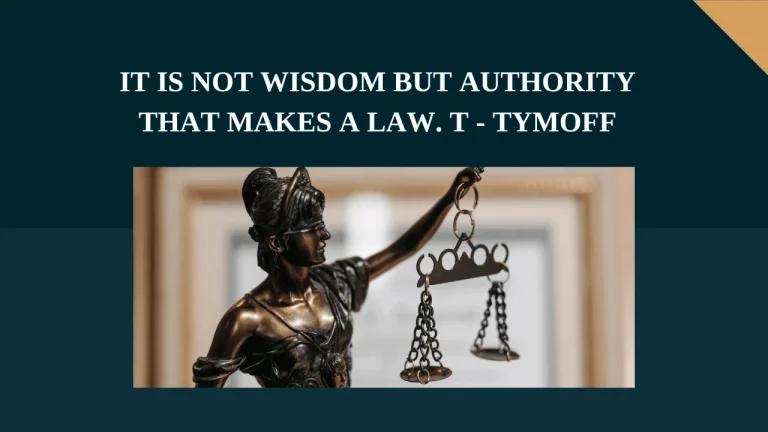Understanding the Role of Fraud Lawyer: A Comprehensive Guide

Fraud is a pervasive issue in society, affecting individuals, businesses, and even governments. In today’s complex world, where financial transactions occur rapidly across borders and through various mediums, fraudsters have become increasingly sophisticated in their methods.
As a result, the need for skilled legal professionals specializing in fraud cases has never been greater. In this comprehensive guide, we’ll delve into the role of a fraud lawyer, exploring their responsibilities, skills, and the importance of their work in combating fraud.
Contents
What is Fraud?
Before we delve into the role of a fraud lawyer, it’s essential to understand what constitutes fraud. Fraud involves deception or dishonesty intended to gain something of value, often at the expense of another party. This can take various forms, including:
- Securities fraud: Manipulating financial markets through false information or deceptive practices.
- Insurance fraud: Filing false insurance claims or exaggerating losses for financial gain.
- Identity theft: Stealing someone’s personal information to commit fraud, such as opening credit card accounts or taking out loans.
- Wire fraud: Using electronic communication to defraud individuals or businesses.
- Bank fraud: Engaging in fraudulent activities related to banking transactions, such as check kiting or embezzlement.
The Role of a Fraud Lawyer
A fraud lawyer is a legal professional who specializes in representing clients involved in fraud-related cases. Their role is multifaceted, encompassing various responsibilities aimed at defending their client’s rights and interests while upholding the principles of justice. Let’s explore some key aspects of their role:
- Legal Representation: One of the primary responsibilities of a fraud lawyer is to provide legal representation to individuals or entities accused of fraud. This involves advising clients on their rights, reviewing evidence, and formulating a defense strategy to mitigate the consequences they face.
- Investigation: Fraud cases often require extensive investigation to uncover evidence and establish the facts of the case. Fraud lawyers work closely with investigative teams, forensic accountants, and other experts to gather relevant information and build a strong defense for their clients.
- Courtroom Advocacy: Fraud lawyers advocate for their clients in court proceedings, presenting arguments, cross-examining witnesses, and challenging the prosecution’s evidence. Their goal is to secure the best possible outcome for their clients, whether through negotiation, plea bargaining, or trial litigation.
- Compliance and Risk Management: In addition to representing clients facing fraud allegations, fraud lawyers also advise businesses and organizations on compliance with relevant laws and regulations. They help implement effective risk management strategies to prevent fraud and ensure legal compliance within the organization.
- Civil Litigation: Fraud can result in both criminal charges and civil lawsuits. Fraud lawyers also handle civil litigation related to fraud, representing plaintiffs seeking compensation for financial losses resulting from fraudulent activities or defending clients against civil claims brought against them.
Skills and Qualifications
Becoming a successful fraud lawyer requires a combination of specialized skills, legal knowledge, and experience. Here are some essential skills and qualifications for aspiring fraud lawyers:
- Legal Expertise: Fraud lawyers must have a solid understanding of relevant laws, regulations, and legal principles about fraud. This includes familiarity with statutes such as the Fraud Act, the Securities Exchange Act, and various state and federal regulations governing financial transactions.
- Analytical Skills: Given the complex nature of fraud cases, fraud lawyers must possess strong analytical skills to assess evidence, identify patterns of fraudulent behavior, and develop effective legal strategies.
- Investigative Skills: Effective investigation is crucial in fraud cases. Fraud lawyers should have the ability to conduct thorough investigations, gather evidence, and collaborate with forensic experts and investigators to uncover the truth.
- Communication Skills: As advocates for their clients, fraud lawyers must be skilled communicators, both orally and in writing. They must effectively convey complex legal arguments, negotiate with opposing parties, and present compelling evidence in court.
- Ethical Integrity: Upholding ethical standards is paramount for fraud lawyers. They must adhere to the highest levels of professional ethics and integrity while representing their client’s interests within the bounds of the law.
Importance of Fraud Lawyers
The role of fraud lawyers is vital in combating fraud and upholding the integrity of the legal system. Here are some reasons why their work is essential:
- Protecting Rights: Fraud lawyers play a crucial role in protecting the rights of individuals and businesses accused of fraud. They ensure that their clients receive fair treatment under the law and have the opportunity to present a robust defense against allegations.
- Holding Fraudsters Accountable: By representing victims of fraud and prosecuting offenders, fraud lawyers help hold fraudsters accountable for their actions. This serves as a deterrent to others who may contemplate engaging in fraudulent activities.
- Safeguarding Financial Interests: Fraud can have devastating financial consequences for individuals, businesses, and society as a whole. Fraud lawyers help safeguard their client’s financial interests by seeking compensation for losses and advocating for fair and just outcomes in legal proceedings.
- Promoting Compliance: Fraud lawyers assist businesses and organizations in implementing compliance programs and risk management strategies to prevent fraud. By promoting ethical business practices and legal compliance, they contribute to a culture of integrity and transparency.
- Upholding Justice: Ultimately, fraud lawyers play a vital role in upholding the principles of justice and fairness within the legal system. They work tirelessly to ensure that the truth is revealed, and justice is served for both victims and defendants.
Conclusion
In conclusion, fraud lawyers play a crucial role in addressing the complex challenges posed by fraud in today’s society. Their expertise, skills, and dedication are instrumental in defending the rights of individuals and businesses, holding fraudsters accountable, and upholding the integrity of the legal system. As fraud continues to evolve and adapt to technological advancements, the role of fraud lawyers remains indispensable in the fight against financial crime. By understanding the role of fraud lawyers and the importance of their work, we can better appreciate their contributions to justice and accountability in our society.





